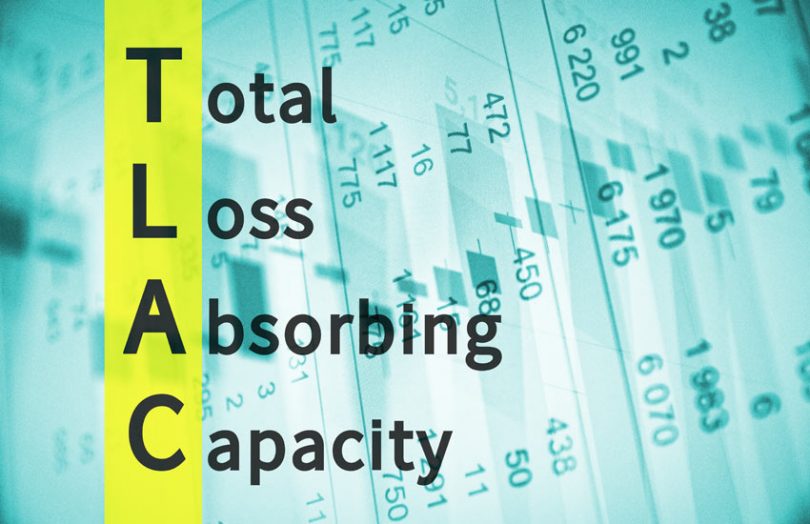Yesterday the major global securities, derivatives and financial trade associations jointly wrote a letter to the Bank for International Settlements (BIS) providing feedback on proposed crypto-asset rules for financial institutions. In June, the Basel Committee on Banking Supervision proposed hefty capital requirements on banks for getting involved with cryptocurrencies and crypto-assets (a 1250% risk weighting).
The trade associations claim that the proposed rules are overly stringent. The associations include those for the securities sector GFMA (including SIFMA), derivatives associations ISDA and FIA, the Institute for International Finance (IIF), the Financial Services Forum and cryptocurrency body, the Chamber of Digital Commerce.
“The Consultation would effectively preclude banks from being involved in the crypto assets sector, by making it economically prohibitive to do so,” said Kenneth E. Bentsen, Jr., CEO of GFMA and SIFMA. “We believe DLT and blockchain can drive efficiencies and help customers, and we see value in delivering those benefits through banks, where there will be transparency, rather than pushing that activity to the unregulated sector.”
“There is a need for regulation in this space, and an equal need for it to be more balanced than what has been proposed. We believe the Consultation should be adjusted, and the existing risk framework employed, to allow that to happen.”
A preferred route is to account for crypto as part of mainstream Basel III rules. Another concern is the need for regulatory clarity in the short to medium term, as banks don’t want to sit on the sidelines when the space is moving so quickly.
The 64-page letter states that bank participation holds three sets of benefits:
- Blockchain and DLT could enable faster, cheaper, more secure transactions. An example of the benefits of atomic settlement includes reduced counterparty risks, better collateral management, and faster transactions.
- Banks believe their role will help in enforcing regulations in the sector.
- Bank customers want their banks to deliver crypto-asset services.
The letter concludes that the proposed rules should be revised to “help realize the benefits that DLT can deliver across the real economy, to facilitate regulated bank involvement in cryptoasset markets and to provide an appropriately regulated and level playing field across the globe (through use of the existing prudential framework).”
Meanwhile, the Acting Comptroller of the Currency in the US has warned that he sees parallels between the current crypto and DeFi sector risks and the innovations that preceded the 2008 Financial Crisis.






